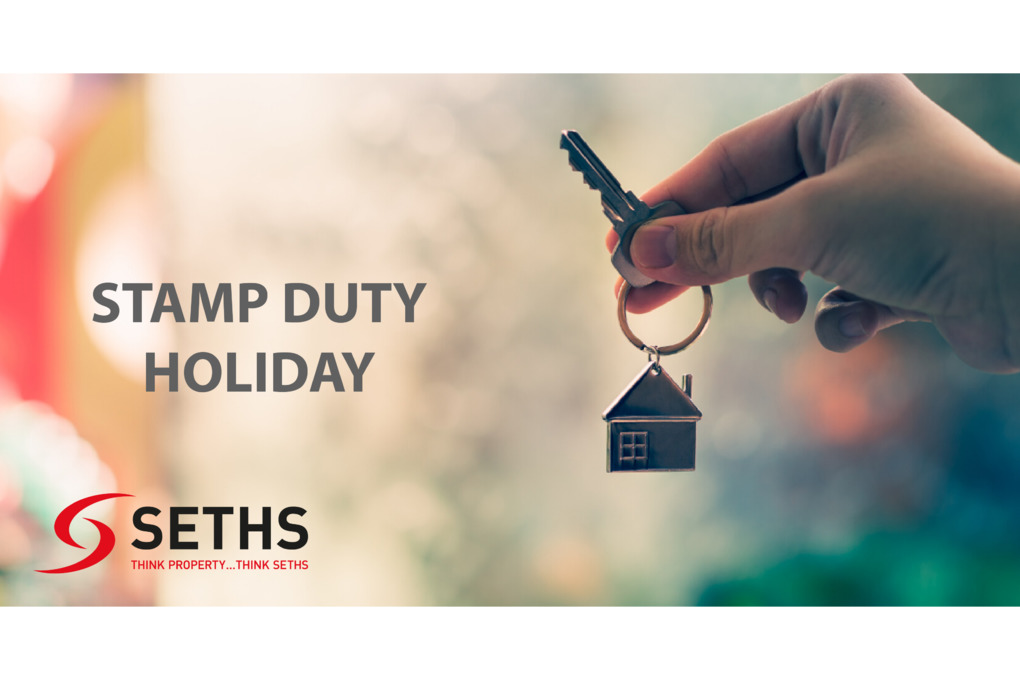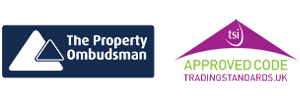The government will discuss in Parliament whether to extend the stamp duty holiday!

- Feb 4th 2021
A petition which has received more than 100,000 signatures has triggered a debate to be held in Parliament, to call for the government to extend the stamp duty holiday.
Chancellor Rishi Sunak announced a stamp duty holiday last July, exempting property tax for homes costing up to £500,000. It’s estimated that buyers are saving an average of £4,500 in stamp duty per property transaction.
However, with March 31st getting closer, the soaring demand in property transactions and with the current lockdown restrictions, many surveyors find it ever more challenging to meet this deadline. If a property transaction is completed after March 31st, standard stamp duty rates will apply.
The government did respond to the petition in December stating that they were not looking to extend this tax relief for buyers, as it was a temporary measure to provide an immediate stimulus to the property market.
However, Jesse Normal secretary to the Treasury has said that although he could not comment on this issue, the government would listen to the industry regarding the matter.
Once the stamp duty holiday ends, standard stamp duty rates will apply. In turn, this means that if a property or land is bought for £125,000 or more, stamp duty rates will apply.
Although there is still time until the stamp duty holiday ends, conveyancing solicitors will not guarantee that completions will be made on time, as the average completion can take just under 100 days from agreeing on a property sale.
How much stamp duty will I pay after March 31st 2021?
Stamp duty is calculated as a percentage of the property you are buying. It applies to freehold and leasehold properties, whether you’re buying outright or with a mortgage.
For existing homeowners, the rates are:
- 0% up to £125,000
- 2% on £125,001-£250,000
- 5% on £250,001-£925,000
- 10% on £925,001-£1.5m
- 12% on any value above £1.5m.
For example, if you buy a flat for £275,000, the stamp duty you owe would be:
- 0% on the first £125,000 = £0
- 2% on the next £125,000 = £2,500
- 5% on the final £25,000 = £1,250
Total stamp duty = £3,750
First-time buyers after March 31st 2021
Stamp duty relief was introduced in November 2017 for first-time buyers to help people step onto the property ladder.
First-time buyers are exempt from stamp duty on properties costing up to £300,000 and pay 5% on the value of a property between £300,000 and £500,000.
A first-time buyer will pay:
- 0% on the first £300,000
- 5% on the remainder up to £500,000
So a first-time buyer purchasing a £275,000 flat would pay no stamp duty.
For a house costing £475,000, a first-time buyer would pay:
- 0% on the first £300,000 = £0
- 5% on the final £175,000 = £8,750
Total stamp duty = £8,750
However, if the purchase price is more than £500,000, first-time buyers cannot claim the relief and must pay the standard rates.
For example, a property purchased at £700,000 would result in a stamp duty bill totalling £25,000 even for a first-time buyer.
Landlords and second-home owners
For owners of more than one property, a surcharge of 3% on top of the standard stamp duty rates apply.
However, if you sell a home within three years of purchasing a second property, you can apply for a refund of that 3%.
It is also possible under some circumstances to claim multiple dwellings relief.
If you are looking to buy or sell a property, speak with one of our property experts today by calling us on 0116 266 9977.
#StampDutyHoliday #PropertyTax #FirstTimeBuyers #PropertyNews #Seths








